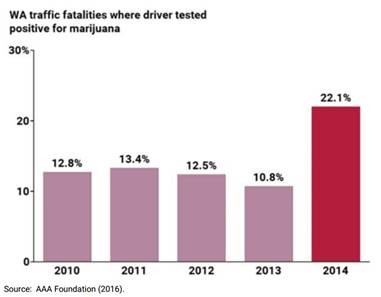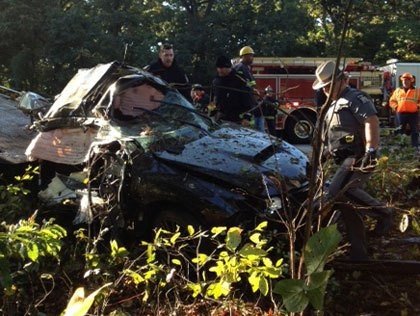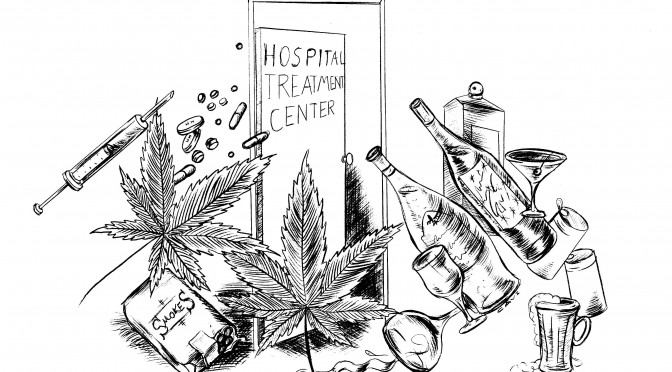The marijuana lobbyists want to “mainstream” marijuana and call for its regulation to be like alcohol. Let’s make it equal to alcohol, they say. Why are they asking for addiction equality?
When they compare its illegal status to alcohol, they don’t mention that Alcoholics Anonymous was founded in 1935, the year after a 13-year Prohibition era ended. When the marijuana community decries the nationwide prohibition of marijuana in 1937, they forget to mention that it happened much earlier, state-by-state, 1911 in MA, 1913 in CA, 1914 in NY, etc.
These same marijuana lobbyists keep suggesting that people who drink too much booze or take pain pills should switch to marijuana. As much as addiction is hard to overcome, the suggestion of substituting one addiction or bad habit for another can just get you back to square one.
Why are we making a second vice, pot, totally legit for those 21 and over while keeping it illegal for those under 21? The minimum age for alcohol purchase is 21, yet the US already has a problem with underage drinking. Why duplicate this problem with marijuana?
The only obvious reason is that there is a business and a marijuana industry that wants to make profits. Like with alcohol and tobacco, 80% of those profits will come from those who are addicted or over-indulgent. The growing industry wants and needs to get young users to keep a steady stream of buyers; the younger they start, the greater likelihood of getting hooked.
An experiment with lowering the beer and wine age to 18 in much of the US in the 1970s did not work. The national law needed to be changed back to age 21. Elsewhere teens do not go to the extremes that are common to American culture. We simply are not a modest or temperate culture, like the Netherlands.
The sales pitch of the marijuana lobby:
“Wouldn’t you rather have your teenage son driving stoned, rather than drunk?” Both practices are very dangerous, and even more dangerous when stoned and drunk at the same time.
“I support legalization so marijuana can be on equal footing with alcohol.” Pot users don’t have addiction equality yet, but statistics and studies show that 9% of marijuana users will be come addicted (approximately same rate as drinkers) and that rate jumps to 17% if they begin before age 17.
“No one has ever died from marijuana.” The advocates claimed in the campaign for legalization in Colorado and Washington. There have since been 2 deaths in Colorado this year directly attributed edible marijuana and many child-abuse deaths caused by the parents’ usage of marijuana.
Simplistic soundbites don’t tell the whole story. Marijuana is not safer than alcohol, but it is used less frequently by Americans than pot. Leah Allen’s account of growing up with a marijuana-addicted father is similar to what it would be like having a chronic alcoholic dad: negligent, irresponsible, violent to the mom and prone to anger when he could not have it.
Pot users could be 7% of adult Americans, vs. at about 66% who drink. They’re asking us to change a law for the 7%, and Parents Opposed to Pot disagrees. More people die from alcohol because it is and has been a larger part in society.
We’re better at recognizing who might be susceptible to alcoholism. We have little idea who is most at risk for mental illness and other negative effects from marijuana. Certain teens haven’t thought about it, either. Tobacco cannot affect brain function, memory and mental health the same way marijuana can.
The risk for mental illness caused by marijuana alone is too great not to be noticed.





